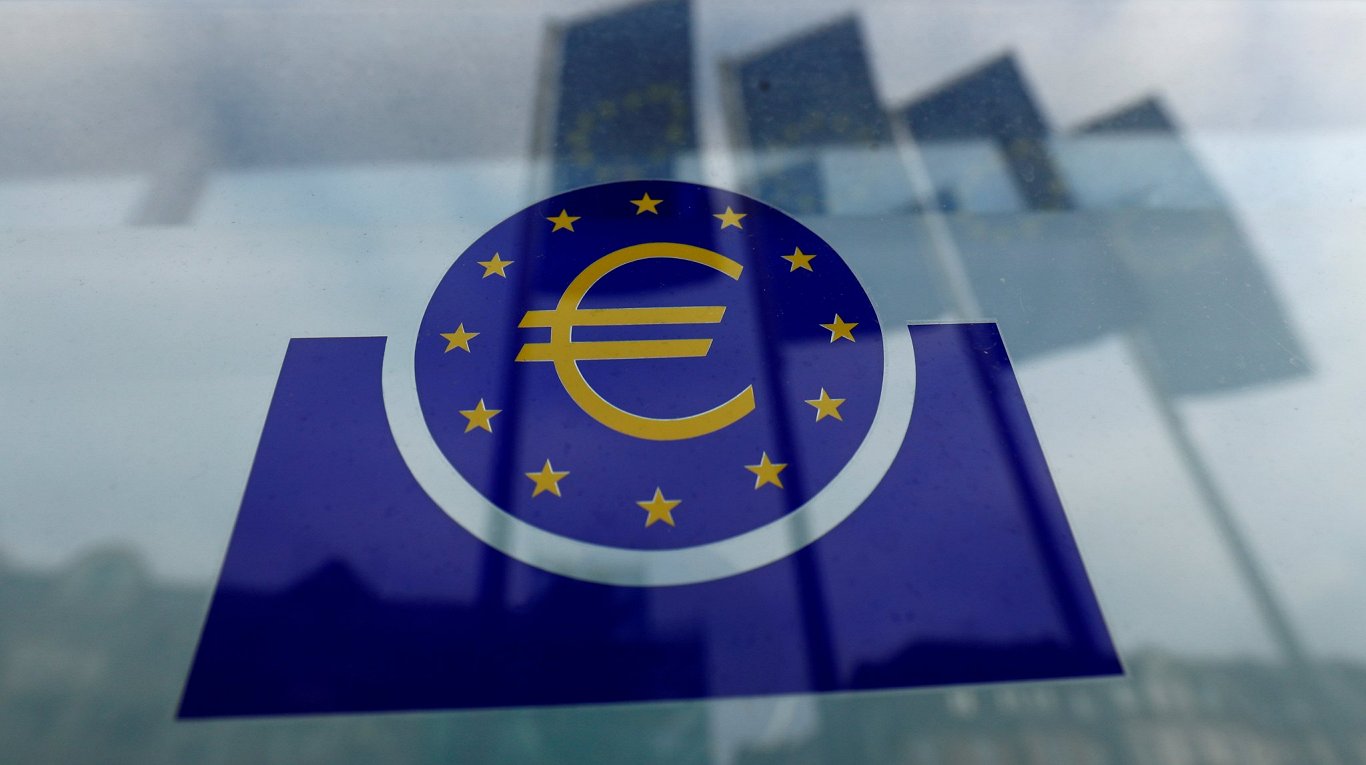Latvia's foreign debt until the COVID-19 pandemic was one of the lowest in the European Union (EU). Eliminating the effects of the crisis has raised debt by two billion euros.
Jevgēnija Jalovecka, director of the Treasury's Department for forecasting and financial planning, said Latvia's debt remains one of the lowest in the EU and could reach 49% of the country's gross domestic product (GDP) by the end of the year.
"From the end of March to the end of July, we have borrowed a little over two billion euros in internal and international financial markets. Including two bond issues in international financial markets, an additional issue of €550 million in 2026 and a new three-year bond issue of €1 billion.
There is also very intensive borrowing in the internal market (..) Of course, financial markets were changing in the spring and national credit-risk surcharges rose.
In order to keep borrowing costs as low as possible, relatively short borrowing deadlines were chosen, with rates close to zero.
The Treasury has also ensured additional borrowing opportunities from international institutions for €1 billion to €200 million," the Treasury spokeswoman said.
Bank of Latvia economist Baiba Brusbārde explained – the government debt also increased by two billion euros in the crisis of 2008.
"The debt-to-economy ratio increased from 8% in 2007 to 48% in 2010, i.e. by 40 percentage points. And it shows how quickly, in times of crisis, the debt level can rise. But at the moment, the situation is a little different, because we are spending our borrowing on stimulating the economy. If it is a one-off measure, it is fine, and it was necessary," Brusbārde said.
As Latvia's government debt has reached 9% of GDP now, the Chairman of FDP Inna Steinbuka has called on the government to limit new economic stimulus measures and to begin thinking about the gradual reduction of government debt. The economic situation, which is gradually improving in Latvia, also allows this.
"Tax collection is going better than expected. We think it's time for the government to start thinking that aid can't be endless, given that funds from the EU budget will also be available from next year and they won't raise public debt. In view of these circumstances, we believe that the government should start thinking about the gradual reduction of aid measures.
I want to emphasize the word gradual because nothing can be done at once, but it must be thought through. We had low debt, which has allowed financial markets to borrow profitably.
In future, Latvia needs to think again about a stable, sustainable fiscal position so that it can maintain good image in financial markets and borrow if necessary," she said.
Bank of Latvia economist Brusbārde mentioned the example of Estonia.
"During the financial crisis, Estonians did not have any debt increase because they had a financial reserve that could be used to cover the budget deficit, so there was no need to increase public debt. Estonia in this story is the right direction to look at. Because it's money that will have to be returned. Latvia's government debt level should not exceed 55% of GDP,” said Brusbārde.





























